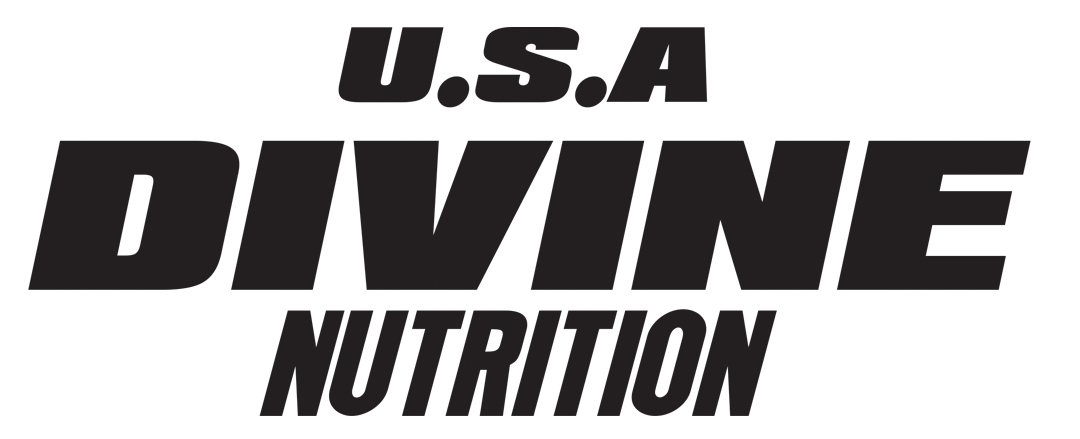Introduction
Walk into any gym today, and you’ll see shaker bottles filled with brightly colored drinks promising explosive energy and laser-sharp focus. Pre-workout supplements have become one of the most popular fitness products on the market, but also one of the most debated. Some swear by them for an unbeatable energy boost before the gym, while others dismiss them as nothing more than clever marketing. So, are pre workout supplements necessary for real results, or are they just hype wrapped in flashy labels?
At Divine Nutrition, we believe in honest, science-backed guidance. This blog breaks down the benefits of pre workout supplements, the potential side effects, and whether you truly need them to crush your training goals.
What Are Pre-Workout Supplements?
Pre-workout supplements are specially formulated powders or drinks designed to boost energy, endurance, and focus before a workout. Most contain a mix of:
-
Caffeine for a quick surge of energy and alertness
-
Beta-alanine to delay muscle fatigue
-
Creatine for improved strength and power
-
Nitric oxide boosters (like L-citrulline) for better blood flow and that coveted “pump”
- Nootropics such as L-theanine or tyrosine to sharpen mental focus
The Benefits of Pre-Workout Supplements
Improved Energy & Focus
The primary reason people reach for pre-workouts is simple: energy. Caffeine and nootropics deliver a quick pick-me-up, banishing sluggishness and improving mental drive. If you hit the gym early in the morning or after a long workday, this extra focus can mean the difference between a half-hearted session and a PR-breaking workout.
Enhanced Strength & Endurance
Ingredients like creatine and beta-alanine are well-researched for their ability to enhance performance. Creatine supports short bursts of power, while beta-alanine buffers lactic acid, helping you push through those final reps or shave seconds off a sprint.
Better Blood Flow & Pump
For many, the “pump” isn’t just cosmetic, it’s motivating. Nitric oxide boosters widen blood vessels, increasing oxygen delivery to muscles. The result? Improved endurance, faster recovery, and that satisfying vascular look during training.
The Downsides of Pre-Workouts
Possible Side Effects
Not all that glitters is gold. High caffeine in pre workout can cause jitters, a racing heart, digestive issues, or insomnia if taken too late. Some users experience a “crash” as the stimulants wear off, leaving them drained post-workout.
Dependency & Tolerance
Relying on pre-workouts every session can lead to caffeine dependency. Over time, your body may adapt, requiring larger doses for the same effect, raising the risk of side effects.
Misconception of “Essential”
Perhaps the biggest pre workout myth is that it’s a must-have for progress. The truth? No supplement can replace proper nutrition, hydration, and sleep. Without these fundamentals, even the most potent formula can’t save a lackluster workout.
Are They Really Necessary, or Just Marketing Hype?
Here’s the honest answer: pre workout supplements are not essential for results. They are performance enhancers, not requirements. If you’re a beginner building basic strength or simply exercising for health, consistent training and a balanced diet will deliver excellent results without any supplement.
However, for athletes or experienced lifters looking to squeeze out every bit of performance, especially during demanding training phases, pre-workouts can provide a noticeable edge. Think of them as a tool, not a magic bullet.
Who Should Consider Taking Pre-Workout?
Pre-workouts may be worth it for:
-
Athletes with intense training schedules who need consistent high-level performance
-
Early-morning or late-night trainers who struggle with low energy
- Advanced lifters chasing personal records or competing in strength sports
If you fall into these categories, a well-formulated pre-workout from a trusted brand like Divine Nutrition can give you that extra push while ensuring safety and quality.
Natural Alternatives to Pre-Workouts
Not ready to commit to a supplement? Try these natural alternatives to pre workout for a similar boost:
-
Black coffee – A classic, cost-effective caffeine source for energy and focus
-
Beetroot juice – Rich in nitrates, naturally increases nitric oxide for better blood flow
-
Banana or fruit + hydration – A quick dose of carbs and electrolytes for sustained energy
These options offer a gentler, more budget-friendly way to fuel your workouts.
Final Verdict
When used wisely, pre workout supplements can absolutely be helpful. They provide energy, improve endurance, and enhance focus, making tough sessions feel more manageable. But they’re not a magic solution and certainly not a replacement for good nutrition or consistent training.
At Divine Nutrition, we encourage users to choose authentic, lab-tested formulas, start with half a scoop to assess tolerance, and cycle off periodically to avoid dependency. If used responsibly, pre-workouts can be a valuable tool, but only if they fit your lifestyle and goals.
Frequently Asked Questions
Q1. Is pre-workout safe to take every day?
It can be, but only if you monitor your caffeine intake and avoid exceeding recommended doses. Cycling off periodically prevents tolerance buildup.
Q2. Can I get the same benefits from coffee instead of pre-workout?
Black coffee offers a similar caffeine boost, but pre-workouts combine caffeine with performance ingredients like creatine and beta-alanine for added benefits.
Q3. Who should avoid pre-workouts?
Anyone with heart conditions, high blood pressure, or caffeine sensitivity should avoid or consult a doctor before use. Pregnant or breastfeeding women should also skip it.
Q4. Are pre-workouts necessary for beginners?
No. Beginners can make excellent progress with proper nutrition, sleep, and consistent training alone.
Q5. What is the best time to take pre-workout?
Typically 20–30 minutes before exercise to allow the ingredients to kick in.


















